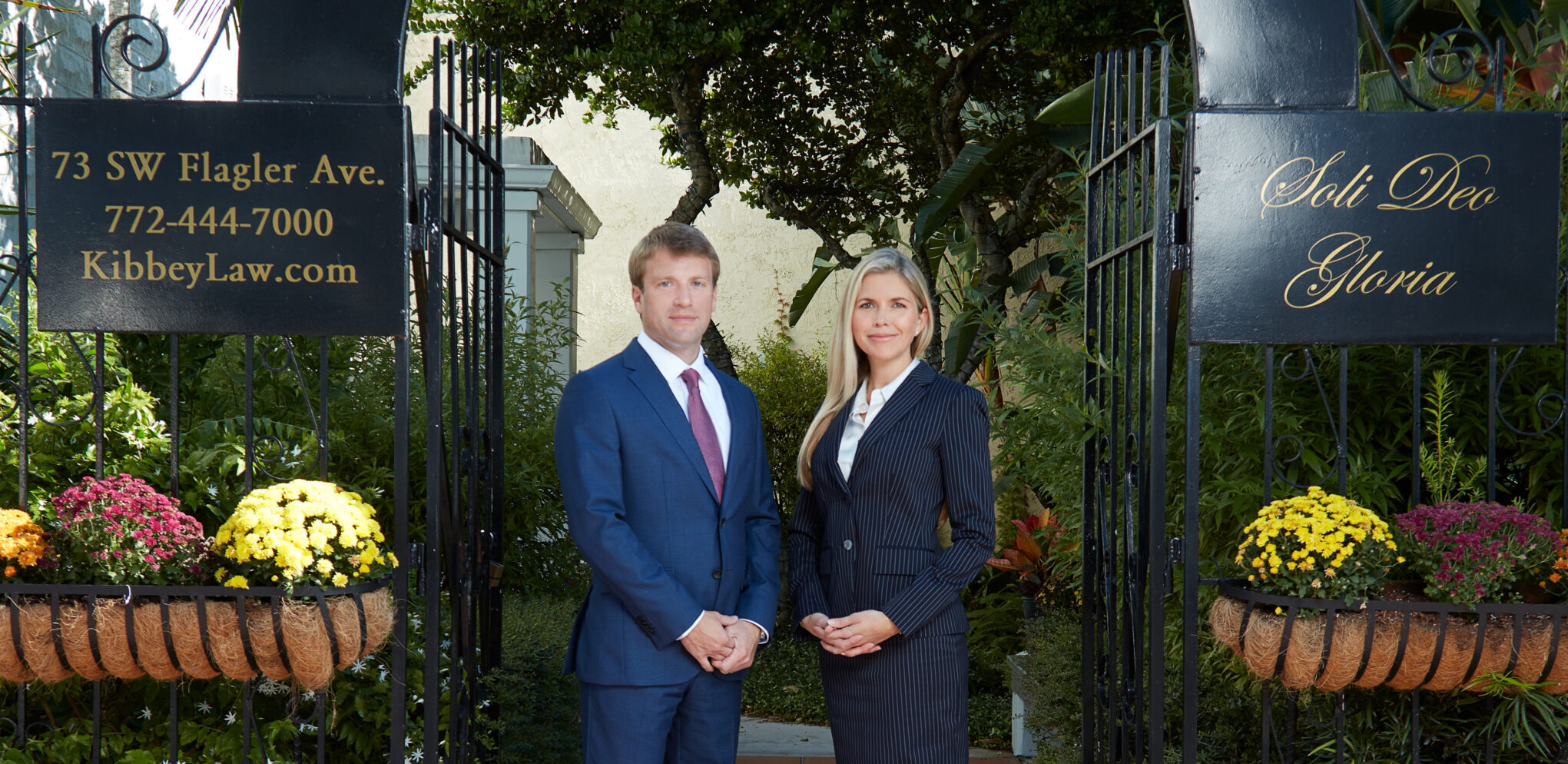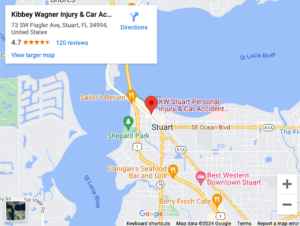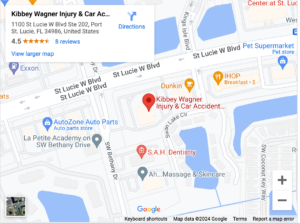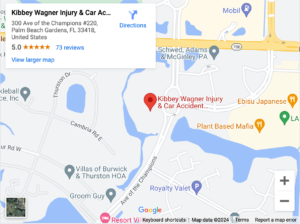
All states have a contributory fault standard that applies in personal injury cases filed in the state. The laws vary, but they all dictate how damages are apportioned when the injured victim is partially to blame for causing the accident.
Therefore, determining causation of an accident or personal injury is crucial. The assignment of blame for the accident could significantly impact the amount of compensation you receive for your personal injury claim.
There are three categories of contributory fault laws:
- Contributory negligence
- Pure comparative fault
- Modified comparative fault
Florida has recently changed their contributory fault laws to adopt a modified comparative fault standard.
Contributory Negligence vs. Comparative Fault in Personal Injury Cases

To understand Florida’s new contributory fault law, it helps to understand the difference between contributory negligence and comparative fault.
Only the District of Columbia and four states have contributory negligence laws. This standard for apportioning damages is the harshest standard for accident victims.
Under contributory negligence, the injured victim is barred from recovering any money for their damages if they have any blame for causing their injuries. For instance, suppose an accident victim is 1% at fault for causing a car crash, and the other driver is 99% at fault. Under contributory negligence, the accident victim would not receive any compensation for damages.
Pure comparative fault laws are at the other end of the spectrum. For example, an injured victim could be 99% at fault for a slip and fall accident and still receive 1% of the value of their damages. About a dozen states have a pure comparative fault standard.
Most states have a modified comparative fault law that is a hybrid of contributory negligence and comparative fault laws.
What Are Florida’s Current Contributory Fault Laws?
Florida passed a significant tort reform law that became effective on March 24, 2023. Below, we’ll discuss Florida’s old system (pure comparative fault) and how it compared to the state’s new system (modified comparative fault).
Pure Comparative Fault
Florida had a pure comparative fault law until the state passed tort reform.
Let’s assume a jury decided your damages for a commercial truck accident were $700,000. However, the jurors said you were 60% at fault for the cause of the truck crash. In that case, the judge reduces your compensation for damages by 60% or $420,000.
Modified Comparative Fault
With modified comparative fault, the state sets a maximum percentage of fault that bars an injured party from recovering compensation for damages. If the person’s fault for the cause of their injury is over the bar, they cannot recover compensation for damages.
Florida’s new tort law is a modified comparative fault law with a 51% bar. Therefore, if your fault for the cause of your personal injury or accident is 51% or higher, you cannot recover any money for your damages. However, if your fault is below the bar, you can recover compensation for some of your damages.
Let’s assume a jury awarded you $500,000 for a car accident. The jurors decided you were 55% to blame for the car crash. Under Florida’s new modified comparative fault law, you do not receive any of the $500,000 award.
However, let’s assume the jury said you were 25% to blame for the car accident. In that case, the judge reduces your compensation by 25%, just like with pure comparative fault systems.
How Can You Protect Yourself From Allegations of Contributory Fault for a Florida Personal Injury Case?
Being partially at fault for causing your injury or accident can significantly impact how much your personal injury case is worth in Florida. Therefore, taking steps to protect yourself from unjust allegations of contributory fault is essential.
Never admit fault at the accident scene. Saying you are sorry for the accident could be interpreted as admitting fault. Therefore, it is best to limit what you say at the accident scene to tell the police what happened without claiming fault.
Talking to an insurance adjuster or other representative for the insurance company could also hurt your case. Insurance adjusters are skilled at asking questions that can lead you to make damaging statements. Therefore, it is best to avoid talking to them and let your personal injury attorney handle all communications with the insurance company.
Schedule a Free Consultation With Our Stuart Personal Injury Lawyers
Allegations of contributory fault can significantly impact the amount of money you receive for a personal injury claim. Call our law firm at (772) 444-7000 to discuss your case with an experienced Stuart personal injury attorney. We want to help you hold the negligent party responsible for your injury financially liable for the damages they caused. Contact Kibbey Wagner Injury & Car Accident Lawyers to schedule a free consultation.




